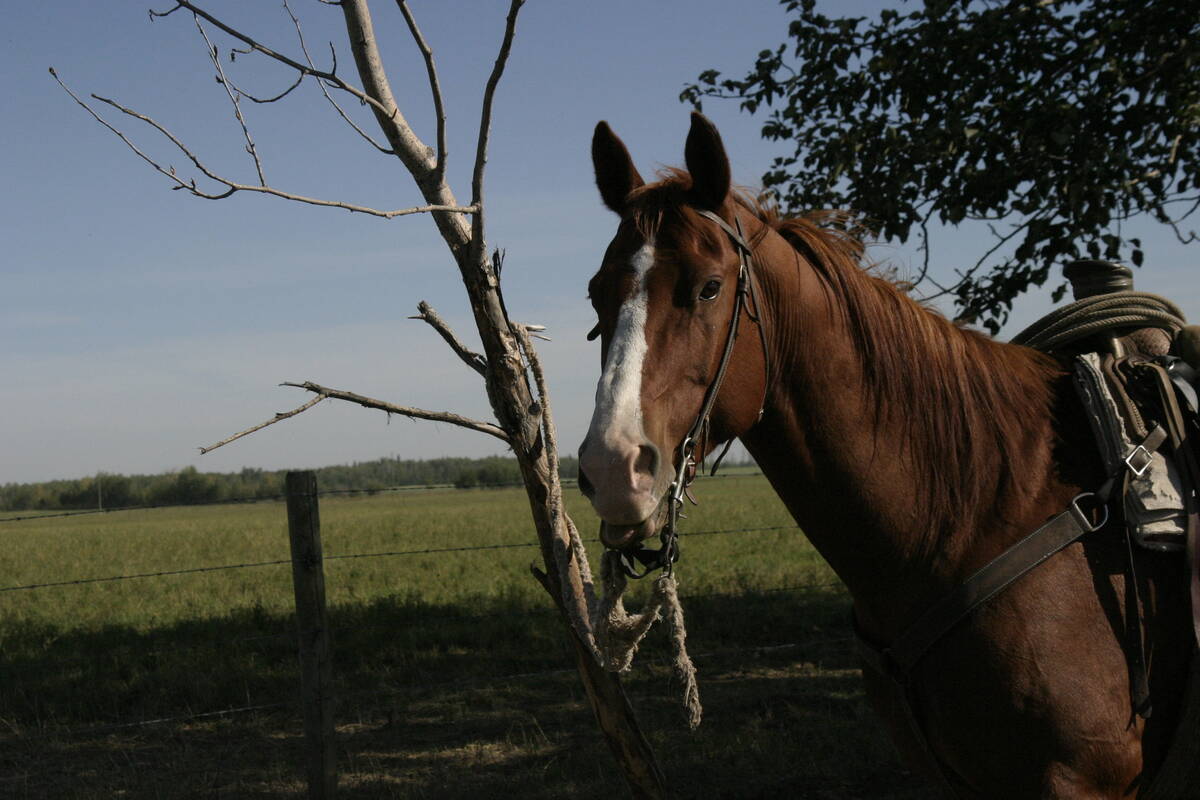Federal officials confirmed last week a second case of anthrax in southeast Saskatchewan.
A cattle operation in the Rural Municipality of Fillmore lost 12 of its 135 head to the disease, said Lynn Bates, veterinary program officer with the Canadian Food Inspection Agency.
The farm is in the same general area as the first case, which was a bison herd in the RM of Wellington near Weyburn.
Bates said the cattle farm was quarantined as soon as anthrax was suspected.
“We’ve moved the cattle to a separate location now and the deaths seemed to stop,” she said Aug. 20.
Read Also

Horses challenged when asked to be weekend warriors
Horses are creatures of consistency. Their bodies and nervous systems are designed for steady, rhythmic movement, low-intensity grazing and regular social interaction.
The herd was vaccinated; it takes about eight days to gain immunity.
The quarantine will be in place for 21 days after the last death or the vaccination date, whichever comes first, Bates said.
Anthrax was expected to be a problem this year in Saskatchewan after widespread flooding and soil disturbance.
Only the two outbreaks have been reported so far and the disease has not been found anywhere else.
In 2009, two Saskatchewan cattle farms, three cattle and one bison herd in Manitoba, and one bison operation in Alberta reported anthrax.
That’s a far cry from 2006, when 800 cases were reported in Saskatchewan alone.
CFIA recommends producers vaccinate their herds for at least three years after a diagnosis. Vaccination should be done three to four weeks before cattle are moved to summer pastures.
“Anthrax spores can remain in the soil for decades,” Bates said.
Producers should watch for sudden deaths on pasture and report those immediately to their veterinarians and CFIA.















